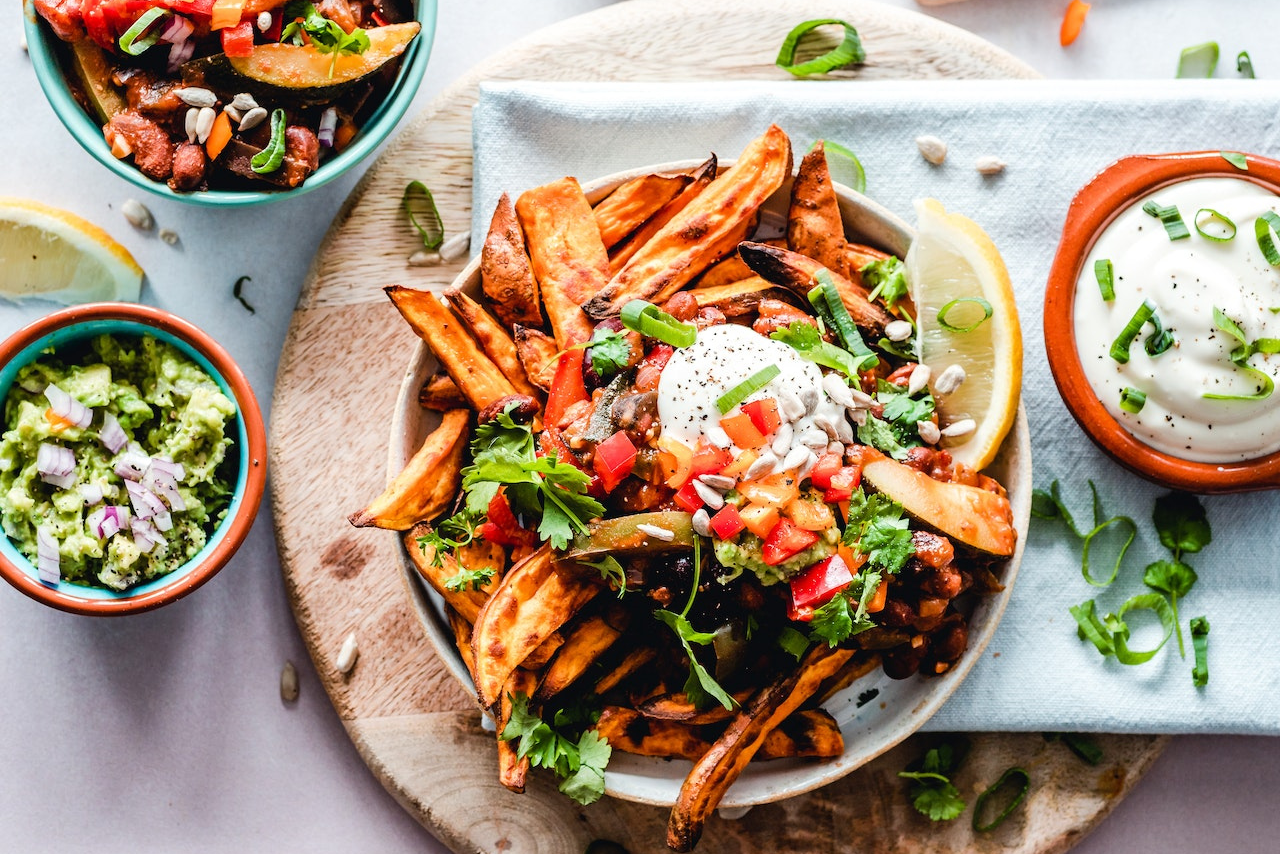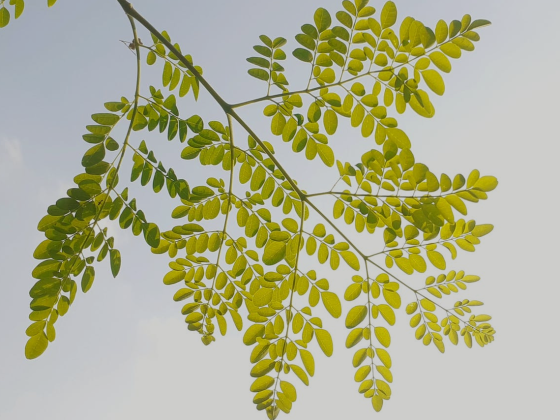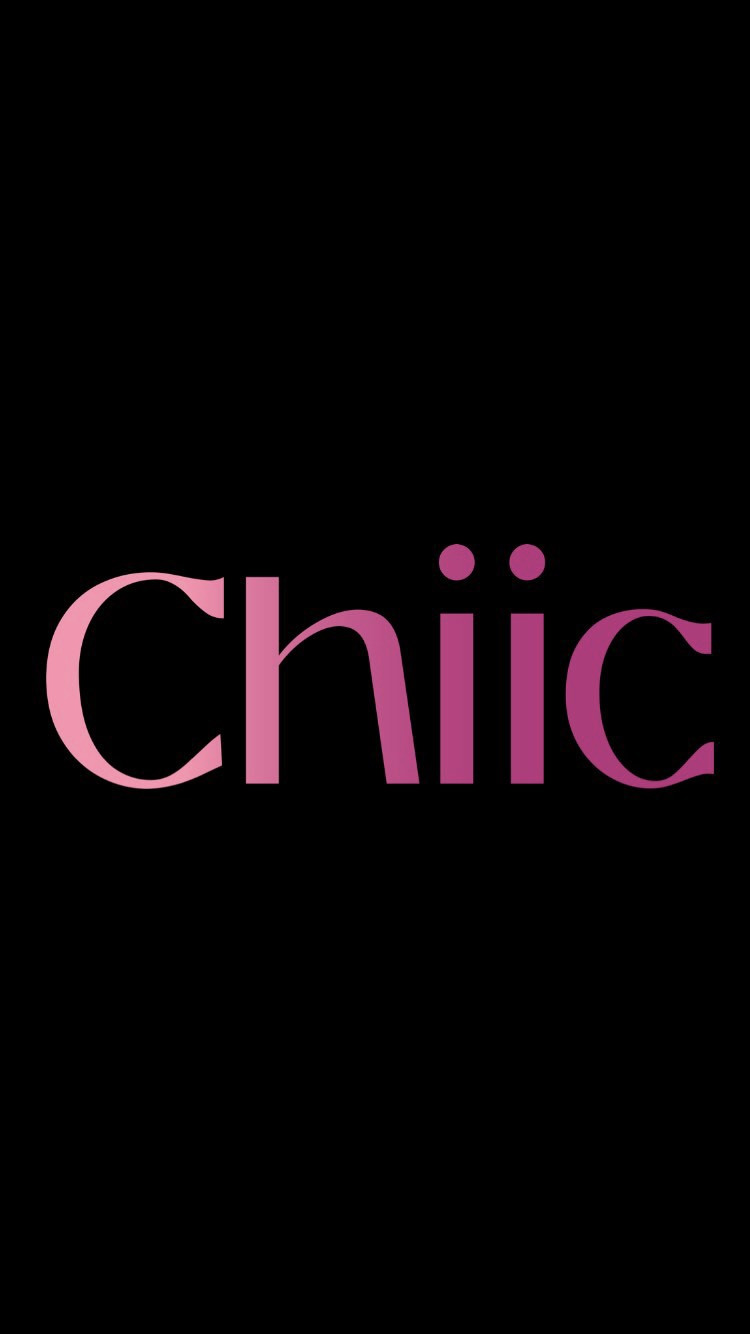Last Updated on 2 years ago by By Chiic Magazine
Dietary fiber is an essential component of a healthy diet that offers a range of benefits for our overall well-being. Although, many of us associate fiber with digestive health and bowel function, incorporating foods rich in dietary fiber in your meals can do so much more than taking you to the toilet. It can lower your cholesterol levels, regulate blood sugar levels, and reduce the risk of heart disease, stroke, and even diabetes. It can improve the health of your skin, and above all, help you lose weight.
Dietary fiber, also known as roughage or bulk, includes the parts of plant foods that your body can’t digest or absorb. Unlike other food components, such as fats, proteins, or carbohydrates which your body breaks down and absorbs, fiber can’t be broken down. Instead, it passes through the body undigested, giving your digestive system a sabbatical, and keeping it clean and healthy.
While popular foods do not seem to contain this dietary fiber, there are still some foods that are often eaten, found even in our local stores that stand out for their exceptional fiber content. In this article, we will explore various delicious foods, rich in dietary fiber, taste, availability, and health benefits.
Sweet Potatoes
These lovelies are high in fiber and antioxidants, which protect your body from free radical damage. Apart from promoting a healthy gut, it promotes a healthy brain as well. Sweet potatoes have existed for as long as we can remember, bless the man that discovered it. They are incredibly rich in beta carotene which is converted to vitamin A to support good vision, good skin, and cell growth.
They are available and affordable and can be eaten in different ways. From roasted sweet potatoes to baked sweet potatoes, to fried sweet potatoes, to boiled sweet potatoes, and even sweet potato salads, there are a lot of options! Let’s not forget our sweet potato swallow or the mighty mashed sweet potatoes, and I’m sure we know of the not-so-new sweet potato bread, muffins, and even soup. What more can we ask for, this staple food is an all-time favorite, keeping us full, aiding digestion, and at the same time increasing healthy skin cell production.
Oats
Oats is a popular breakfast choice in most homes, and it is ranked amongst the healthiest grains on earth. They are gluten-free and a great source of important vitamins, minerals, antioxidants, and of course Fiber! Oats contain large amounts of Beta-glucan, a type of soluble fiber, that dissolves in water and forms a thick, gel-like solution in your gut. This soluble fiber helps to control blood sugar levels and reduce cholesterol, it also helps in the regulation of type 2 Diabetes. Oats help to promote healthy gut bacteria, reduce the risk of heart diseases, and also aid weight loss. Oats are commonly eaten for breakfast as oatmeal and are often included in muffins, cookies, granola bars, and other baked goodies. The all-star oat swallow has also become popular, making oats a versatile food, suitable for all ages.
Apples
Apples are rich in dietary fiber, vitamin C, and various antioxidants. They are also very filling, considering their low-calorie count. Apples help neutralize free radicals- molecules that build up as a result of natural processes and environmental pressures. If too many free radicals accumulate in the body, they can lead to oxidative stress, which eventually leads to cell damage, causing a range of conditions, including cancer and diabetes. A 2019 study also found that eating two raw apples per day for 8 weeks lowered levels of cholesterol among healthy people; I did not want to use this line, but then… an apple a day keeps the doctor away.
Beans
Beans are highly nutritious, boasting at least a little bit of almost every nutrient you need. They may cause digestive problems, but that can usually be avoided with the right preparation methods and also by taking the right quantity. Beans are not expensive, readily available, simple to prepare, and healthy. Particularly, they are a great way to load up on plant-based protein and fiber. Honey beans, brown beans, and white beans are the popular ones.
- Honey beans: They are rich in dietary fiber, and are very good for weight loss as it has low fat yet high protein content. They are also very rich in potassium which means that your heart and blood circulation are being taken care of.
- Brown beans: They have a very low glycemic index of 39, and are also very rich in protein, dietary fiber, and minerals like calcium, potassium, sodium, iron, and zinc. It aids in digestion, hastens weight loss, and improves heart health.
- White beans: Of these three, white beans are the best. They are loaded with antioxidants and provide a good supply of detoxifying molybdenum. They are also a good source of fiber and protein and produce alpha-amylase inhibitors which help regulate fat storage in the body.
Vegetables
Adding more vegetables into your diet is an easy way to up your fiber intake and boost your consumption of vitamins, minerals, and phytochemicals. There are numerous vegetables on this list like broccoli, Brussels, acorn squash, artichokes, sprouts, asparagus, carrots, and pepper. However, the most popular ones that are highly rich in dietary fiber are the elegant carrot, the dramatic broccoli, and the bold pepper.
- Carrot: The sweet flavor and crunchy texture of carrots make them a popular vegetable amongst all ages, and the fact that they are inexpensive also makes them a perfect choice. Carrots are packed with a variety of nutrients, including vitamin A, vitamin B6, potassium and fiber. The carotenoids found in carrots have powerful antioxidant effects in the body and help protect against cellular damage and also help reduce the risk of cancer.
- Broccoli: This is a cruciferous vegetable related to cabbage, kale, cauliflower, and Brussels sprouts. These vegetables are highly recommended, and known for their beneficial health effects. Broccoli is the definition of food rich in dietary fiber, and containing many nutrients as well. It contains vitamin C, vitamin K, iron, and potassium. It helps reduce inflammation and keeps your blood sugar stable.
- Peppers: They are also an excellent source of vitamin C, aiding in collagen production, neurotransmitter synthesis, and regulation of inflammation. Peppers are one of the major foods, always paired with other foods. Most of the fibers in peppers are insoluble and helps to prevent constipation. Red bell peppers and green sweet peppers contain exceptionally high fiber content.
Yam
Yams are highly nutritious, versatile, and delicious tubers, which can benefit your health in many ways. Though yam belongs to the carbohydrate bloodline, they also contain soluble fiber and resistant starch which improves your gastric health and increases good gut bacteria. Consuming yam, though filled with calories, reduces your appetite drastically and can still aid in weight loss if eaten in little portions; They are also high in potassium and manganese, which are important for supporting bone health, growth, metabolism and heart function. They also help to relieve symptoms of menopause and lower blood cholesterol levels.
Adding foods rich in dietary fiber to your daily diet has numerous benefits, which have already been discussed extensively. Try incorporating a few if not all of the high-fiber foods on this list, try eating whole fruits instead of drinking fruit juice, bulk up salads and soups with the foods listed, add fruit to your breakfast, especially apples and berries, substitute wheat bread for white bread, and come back to thank me later.





